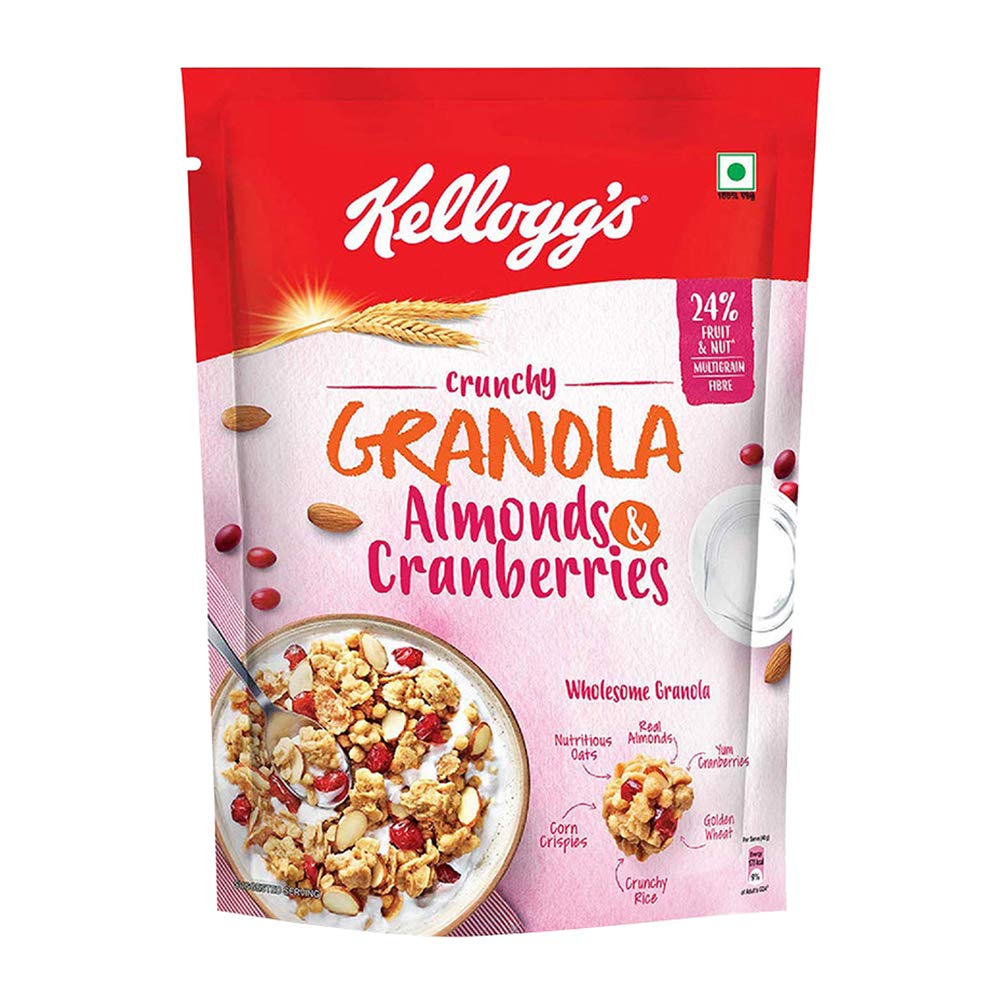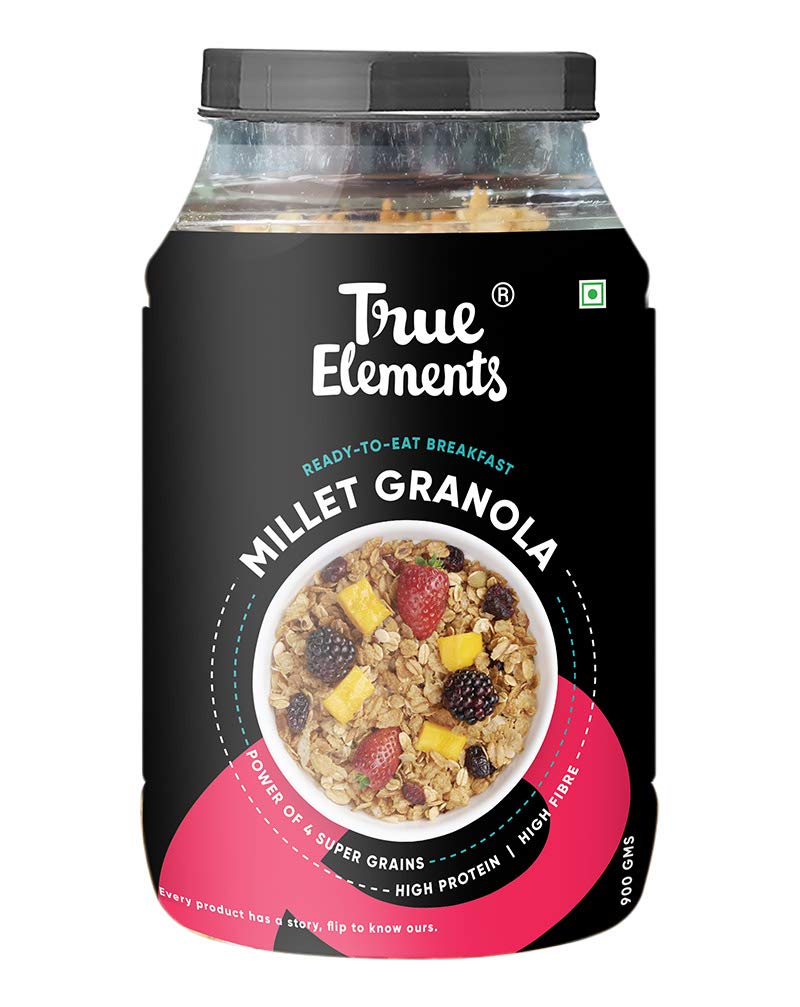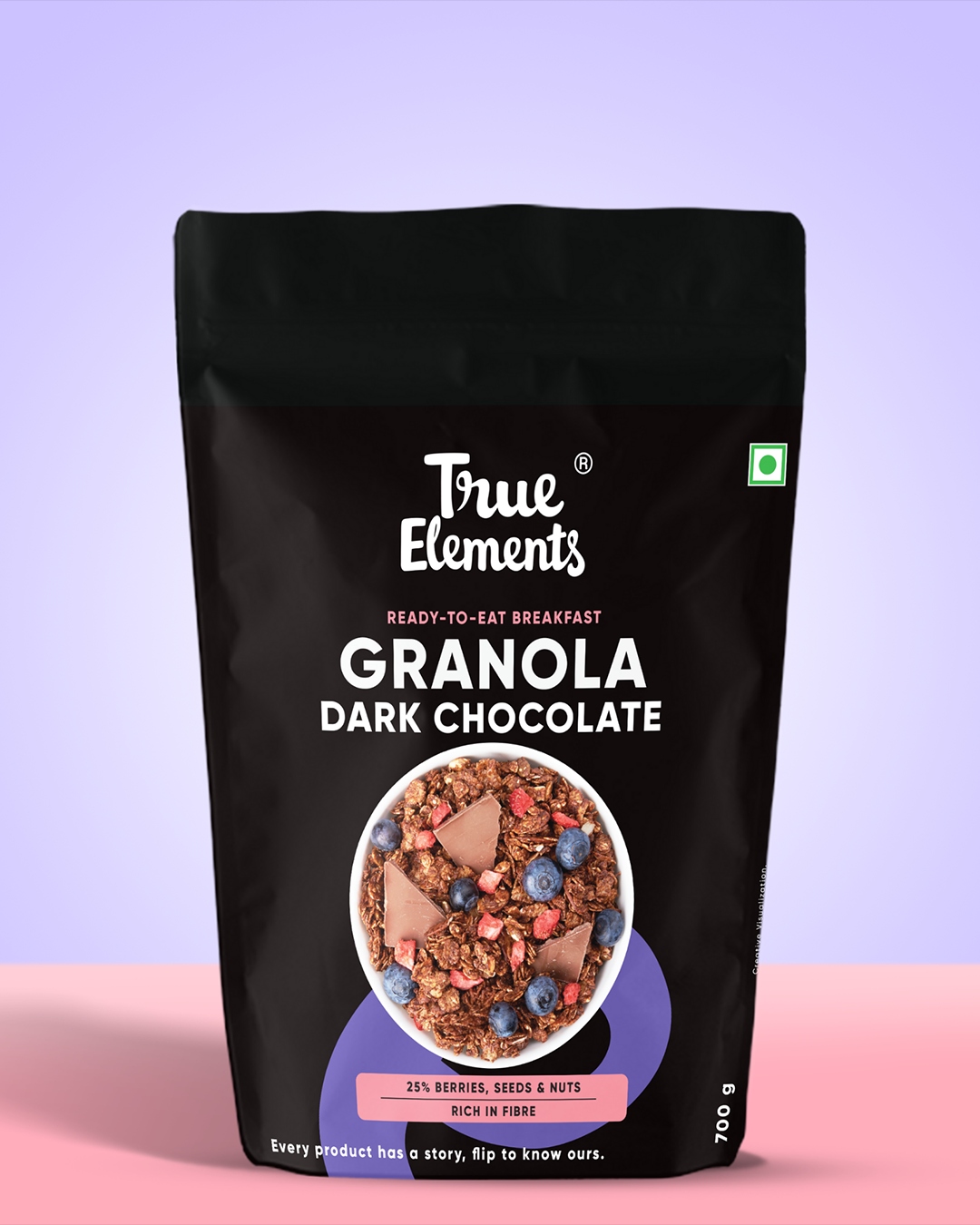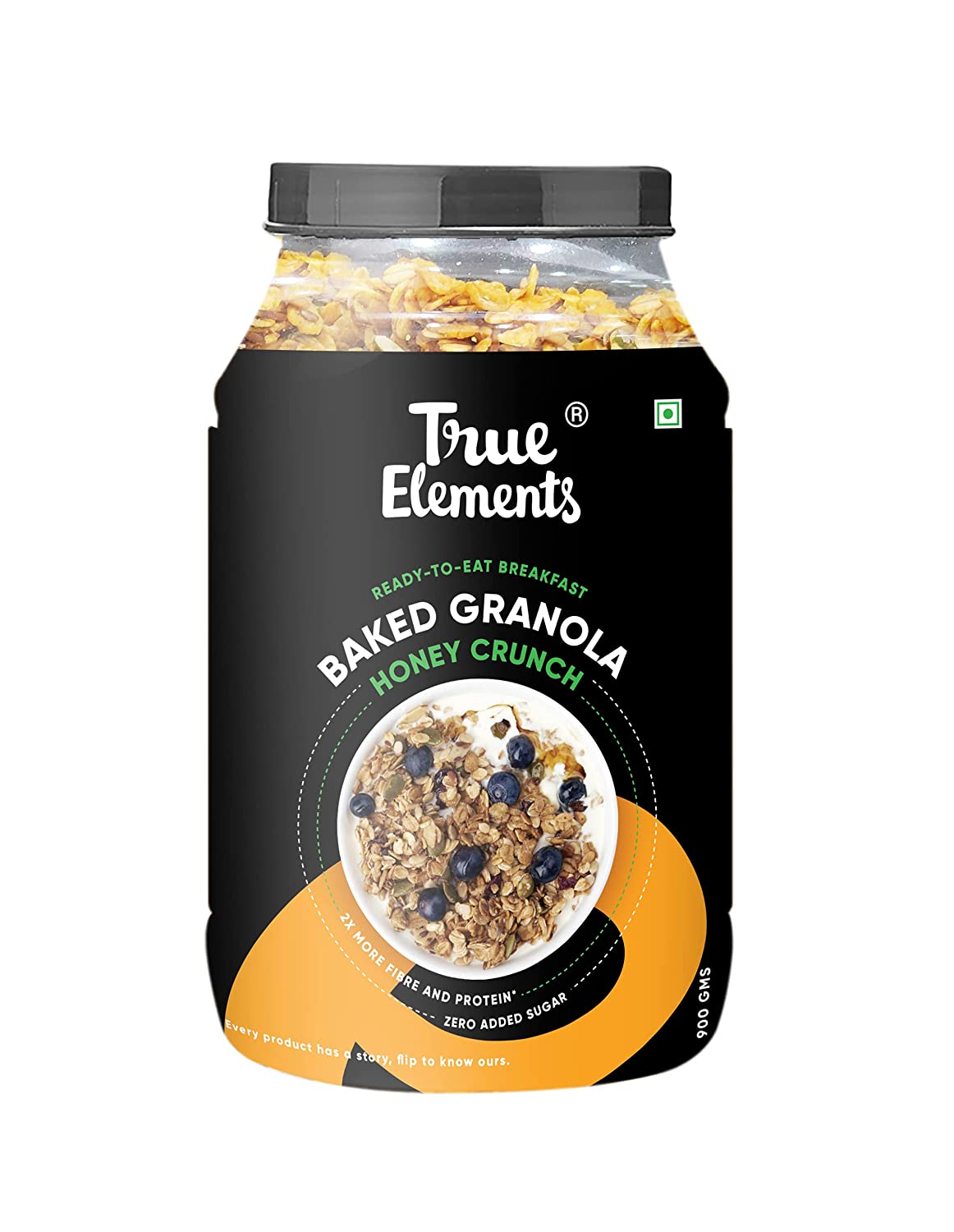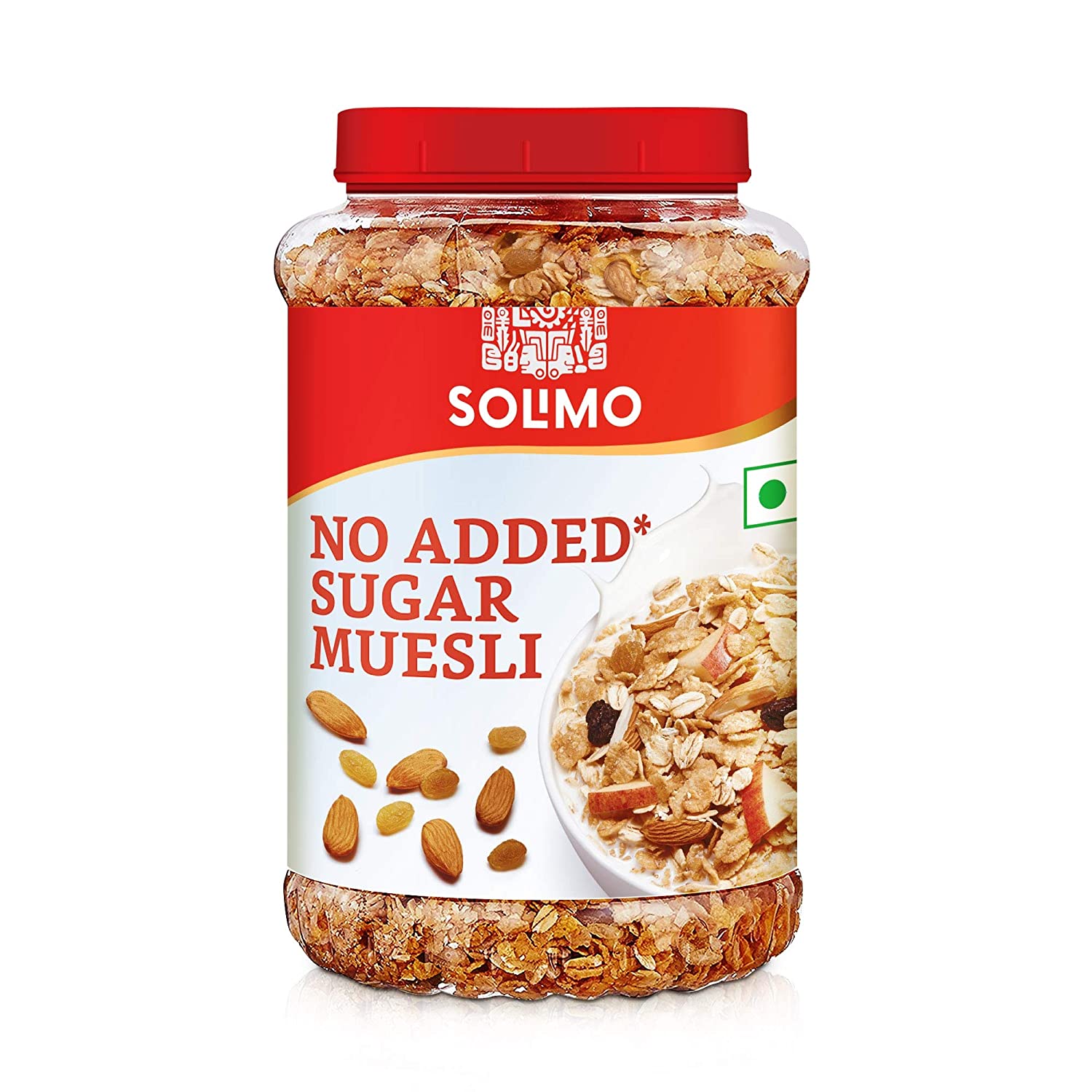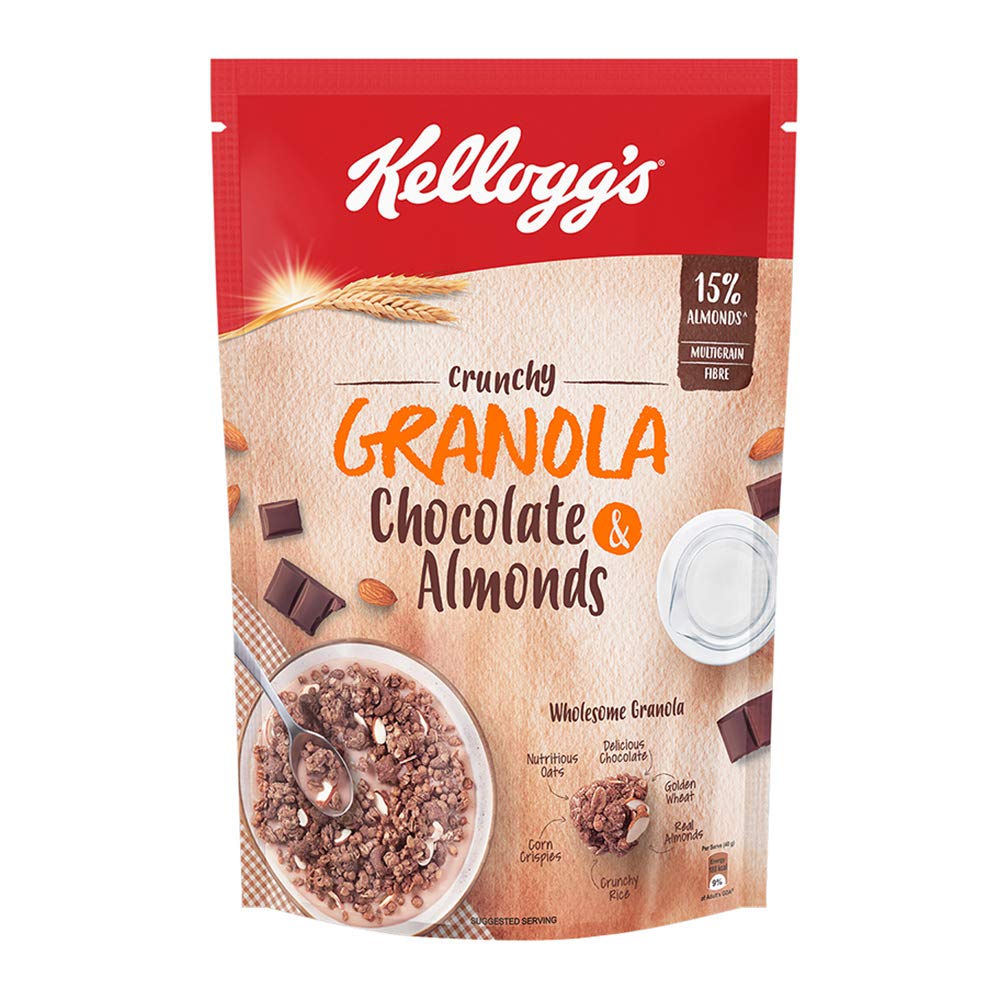Sodium
Micronutrient
Last update date: November 07, 2023
Sodium is both a mineral and an electrolyte. It helps keep the water and electrolyte balance of the body.
Frequently Asked Questions
1.
What does sodium do to your body?
Sodium is a mineral that is commonly consumed in the form of salt, known as sodium chloride. It is essentially used as a flavor enhancer in food and acts as a preservative. Our body requires a small amount of sodium to facilitate important functions such as nerve impulses, muscle contractions, and maintaining proper water and mineral balance. However, excessive sodium intake can contribute to health issues like high blood pressure, heart disease, and stroke. Almost all processed and packaged food items contain at least some sodium in them. in today's world, most of the sodium our body gets is from these packaged items rather than the salt put in home cooked food.
2.
Are there any health benefits associated with sodium intake?
Consuming sodium provides several benefits to your body, supporting its overall functioning and well-being. Here are some key advantages of including sodium in your diet: Facilitates proper nerve signaling: Sodium plays a vital role in transmitting nerve impulses throughout your body, enabling communication between your brain and various body parts. Supports muscle function: Sodium is essential for proper muscle contraction and relaxation. It helps muscles, including your heart, function efficiently and maintain a healthy rhythm. Helps maintain optimal water balance in the body: Sodium works together with other electrolytes to regulate fluid balance. It helps ensure that the amount of water inside and outside your body's cells remains balanced, contributing to proper hydration. Promotes healthy teeth: Adequate sodium intake is necessary for maintaining strong and healthy teeth. It helps in the mineralization of tooth enamel, protecting against tooth decay and cavities. Contributes to healthy skin: Sodium plays a role in maintaining the integrity of your skin cells and promoting healthy skin function. It helps retain moisture, keeping your skin hydrated and supple. Prevents dryness and dehydration: Sodium is involved in retaining water within your body, which helps prevent dryness and dehydration, particularly in hot and humid environments or during periods of increased physical activity.
3.
What are the symptoms of too much sodium?
Excessive consumption of sodium can have detrimental effects on your health. Here are some negative impacts of consuming high amounts of sodium: May contribute to kidney diseases: Consuming excess sodium can put a strain on your kidneys, potentially leading to kidney damage or impairing their proper functioning. Can directly lead to hypertension (high blood pressure): High sodium intake is closely associated with elevated blood pressure levels. Sodium retains water in the body, increasing blood volume and putting more pressure on blood vessel walls. Increases the risk of heart diseases: High blood pressure caused by excessive sodium intake can strain the heart and increase the risk of cardiovascular diseases, including heart attacks and strokes. Linked to an increased risk of certain types of cancer: Research suggests that a high-sodium diet may be associated with an increased risk of stomach cancer. However, more studies are needed to establish a definitive link. May contribute to memory loss: Some studies have indicated a potential connection between high sodium intake and cognitive decline, including memory loss and impaired cognitive function. Increases the risk of stroke: High blood pressure resulting from excessive sodium consumption can damage blood vessels and increase the risk of stroke, a serious and potentially life-threatening condition.
4.
Who should avoid Sodium?
People with the following conditions would greatly benefit from a diet that does not contain high amounts of sodium - Individuals with fluctuating blood pressure People with kidney issues or kidney diseases People with diabetes
5.
What are common sources of Sodium?
Here are some food items that we often come across in our daily lives and contain significant amount of sodium - Canned meat and processed meat products Salted snacks and packaged foods Frozen meals and ready-to-eat items Cottage cheese and other dairy products with added salt Salad dressings, sauces, and condiments Instant or ready-to-cook meals Pickles and preserved foods Cookies, biscuits, and other baked goods with added salt
6.
Which are symtoms of Sodium deficiency?
Low blood sodium, also known as hyponatremia, occurs when the level of sodium in your blood is abnormally low or when there is an excess of water in your blood. This condition is more common in older adults, especially those who are hospitalized or have long-term health issues like heart disease, kidney disease, or cancer, among others. Hyponatremia happens when the concentration of sodium in your blood becomes diluted due to various factors. Sodium is an essential electrolyte that helps regulate the water balance in and around your cells. When sodium becomes diluted, your body's water levels increase, causing your cells to swell. Some signs and symptoms of hyponatremia include: Nausea, Headaches, Drowsiness and fatigue, Restlessness, Muscle weakness and cramps, and Seizures If you experience any of these symptoms, it is important to seek medical attention for proper evaluation and treatment. Remember, maintaining a balanced sodium level is crucial for your overall health and well-being.


